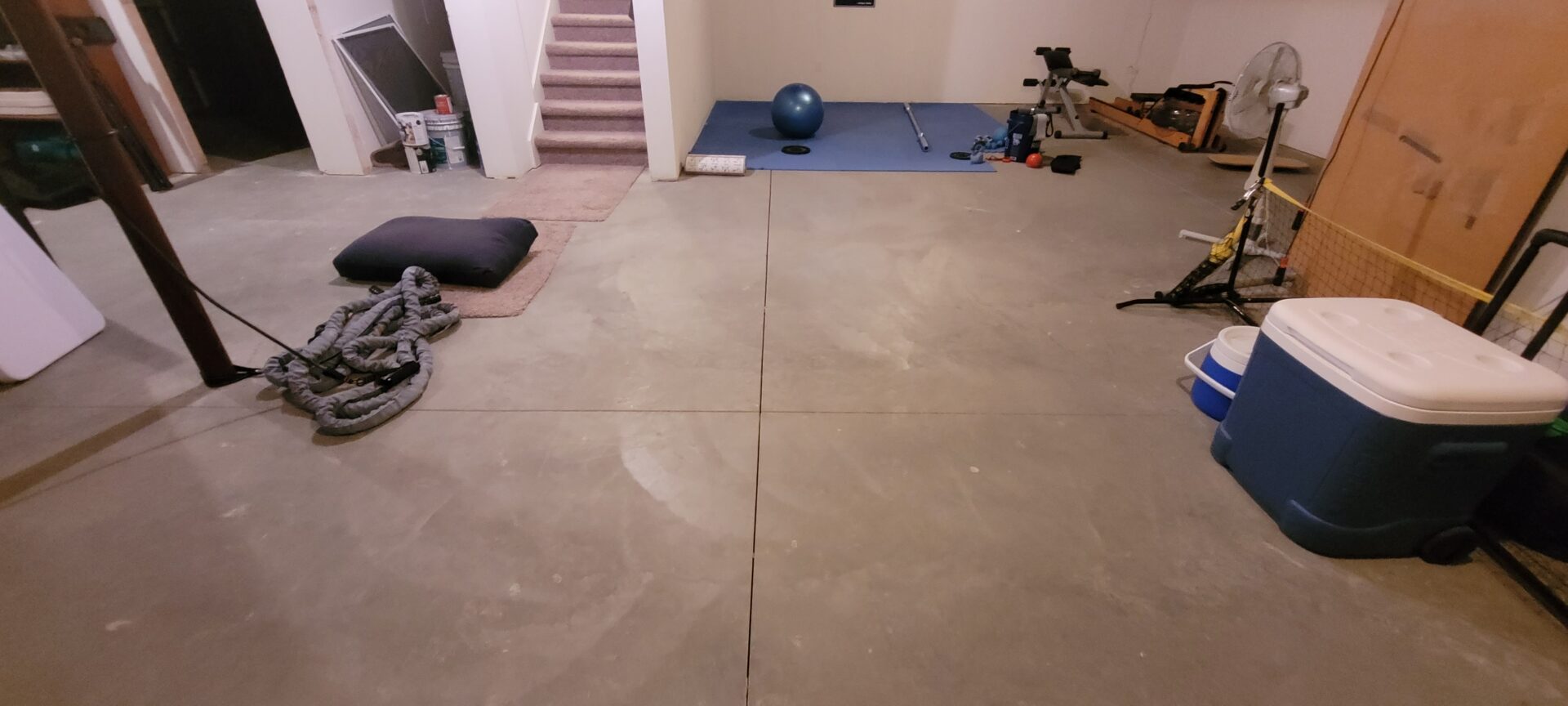
Many homeowners overlook their basements when it comes to regular maintenance, but this lower level of your home can significantly impact the overall health, safety, and value of your property. Specifically, the benefits of professionally cleaning and sealing your basement floor cannot be understated.
Whether you use your basement as a storage area, a living space, or a workshop, maintaining the floor can offer you several practical advantages.
Enhanced Durability and Protection
Basement floors are prone to moisture intrusion, which can lead to a variety of structural and aesthetic issues, such as cracking, staining, and the growth of mold and mildew. Sealing your basement floor after a thorough cleaning creates a barrier that minimizes water penetration. Sealers can prevent damage from water exposure, chemical spills, and wear and tear from foot traffic, ultimately extending the life of your concrete flooring. This is particularly important in basements, where the environment is susceptible to dampness and fluctuations in temperature.
RELATED ARTICLE: Fall Allergy Relief: The Benefits of Professional Carpet Cleaning
Improved Aesthetic Appeal
A clean and sealed basement floor can transform an often-overlooked area into a more welcoming space. Whether you’re looking to convert your basement into a home gym, an office, or a recreation room, starting with a clean, sealed floor sets the foundation for a comfortable environment. Sealants bring out the natural beauty of concrete and can make the space feel more finished and intentional. With a variety of finishes available, from matte to high gloss, sealing your basement floor can also enhance the lighting of the space due to the reflective properties of certain sealers.
Healthier Indoor Environment
Moist basements are breeding grounds for mold and mildew, which can compromise indoor air quality and pose health risks, especially to those with allergies or respiratory conditions. Cleaning and sealing your basement floor reduces moisture and prevents the growth of these harmful organisms. A sealed floor is also easier to clean and maintain, reducing the accumulation of dust and allergens and contributing to a healthier overall home environment.
Increased Property Value
A well-maintained basement with a professionally cleaned and sealed floor is an attractive feature to prospective buyers. It shows that the homeowner has taken proactive steps to protect the integrity of the property. This can translate into higher property values and a stronger market position if you decide to sell your home. In fact, basements with finished floors are often listed as additional living spaces, which can significantly increase a home’s square footage and perceived value.
Cost-Effective Maintenance
Regularly cleaning and sealing your basement floor is a cost-effective practice in the long run. By protecting the floor from moisture and wear, you minimize the need for extensive repairs and mitigate potential damage from basement floods or leaks. The cost of sealing a floor is considerably less than addressing water damage or structural issues that might arise from neglect.
RELATED ARTICLE: The Secret Life of Your Carpet: What’s Lurking Beneath the Surface?
A Smart Home Investment
Investing in professional floor cleaning and sealing services for your basement is a wise decision that pays dividends in durability, aesthetics, health, and home value. Don’t overlook this crucial part of home maintenance.
Contact Professional Surface Restoration today to schedule your professional cleaning and sealing service today to protect and enhance your basement, making it a functional and appealing part of your home for years to come.
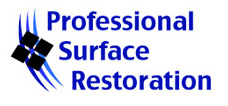
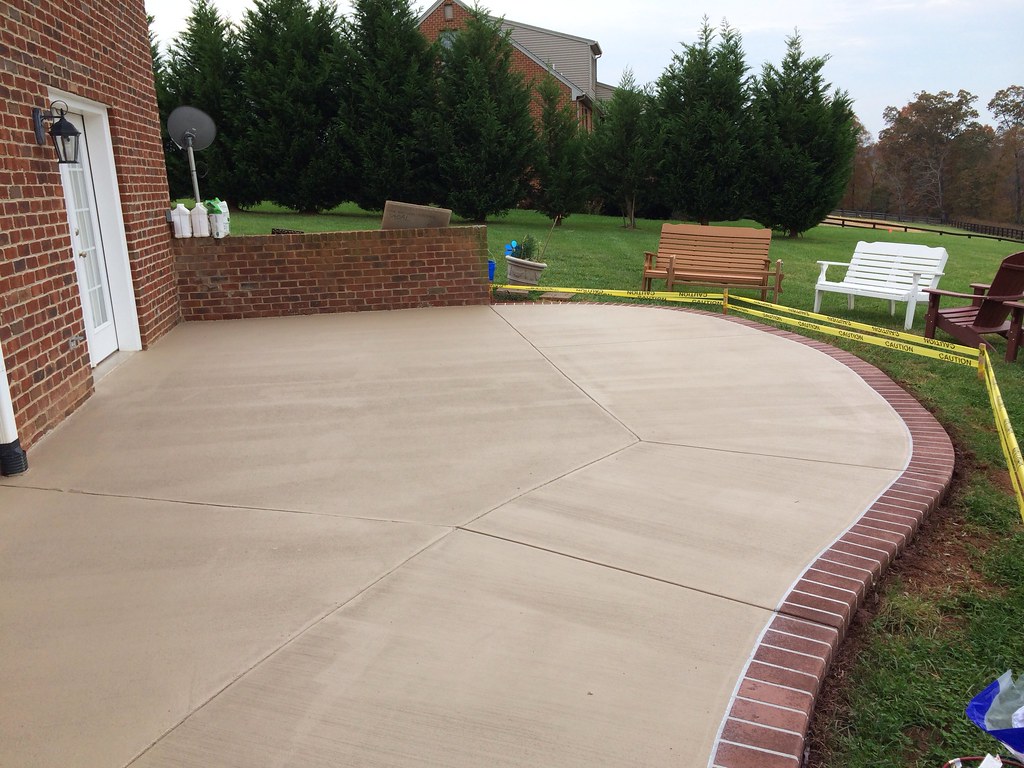
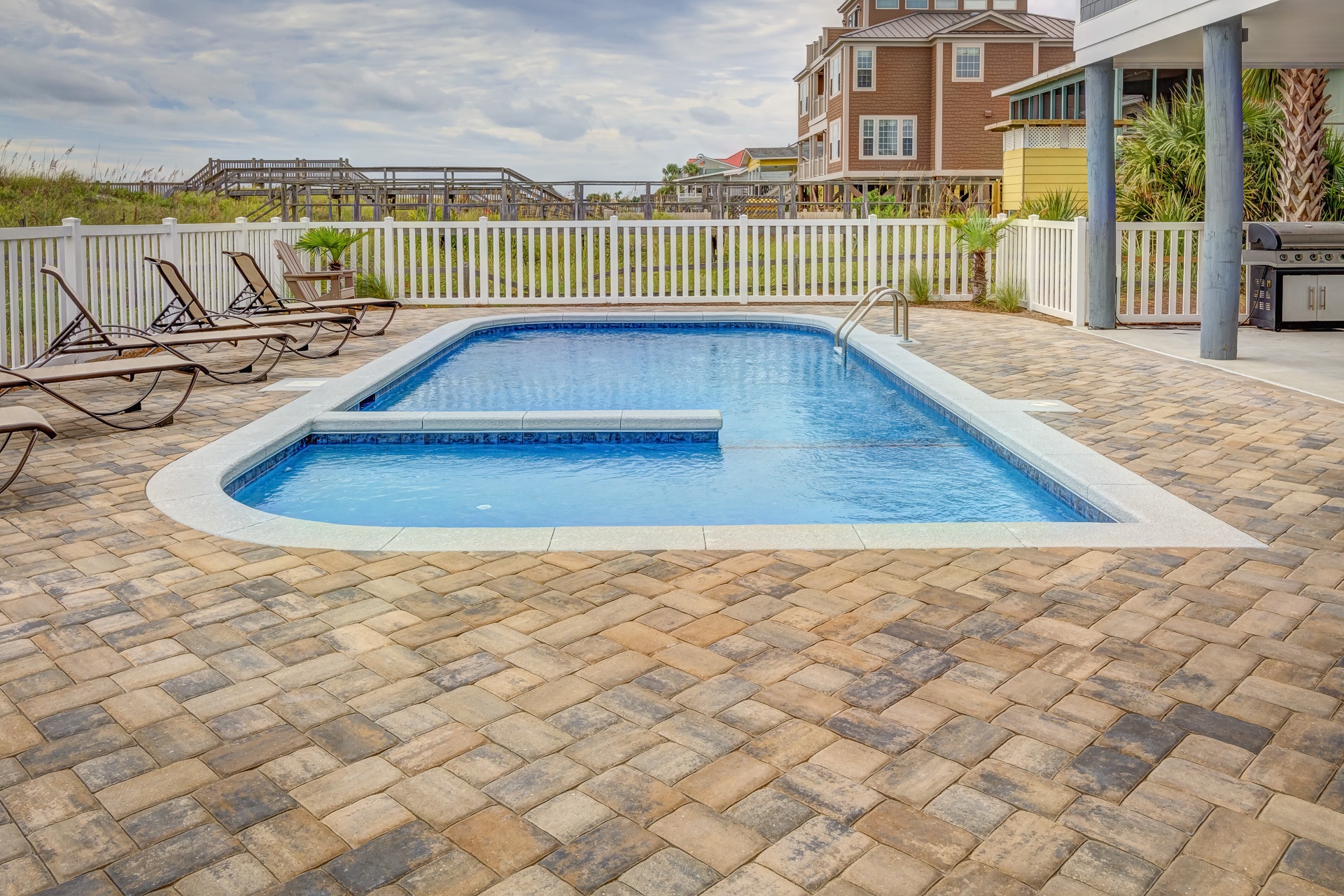

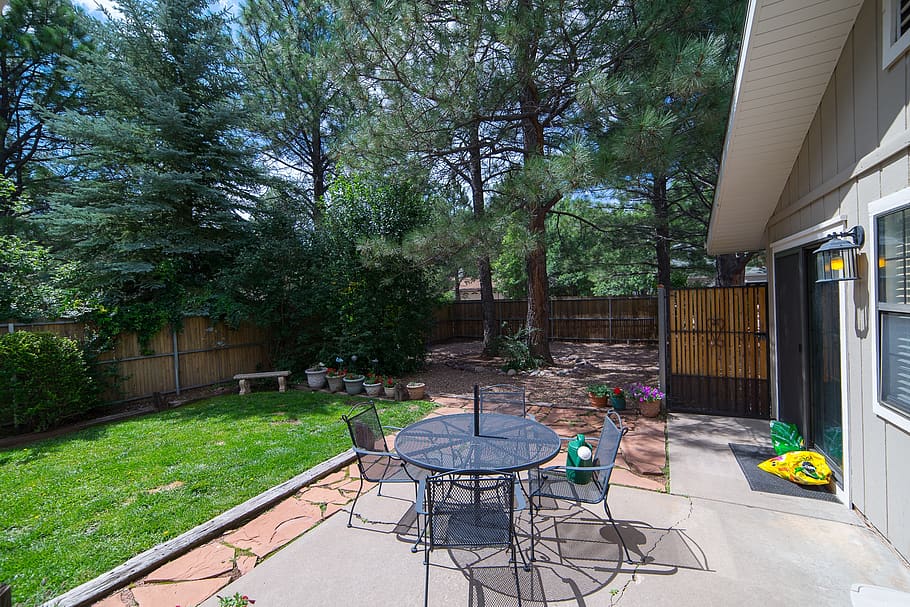
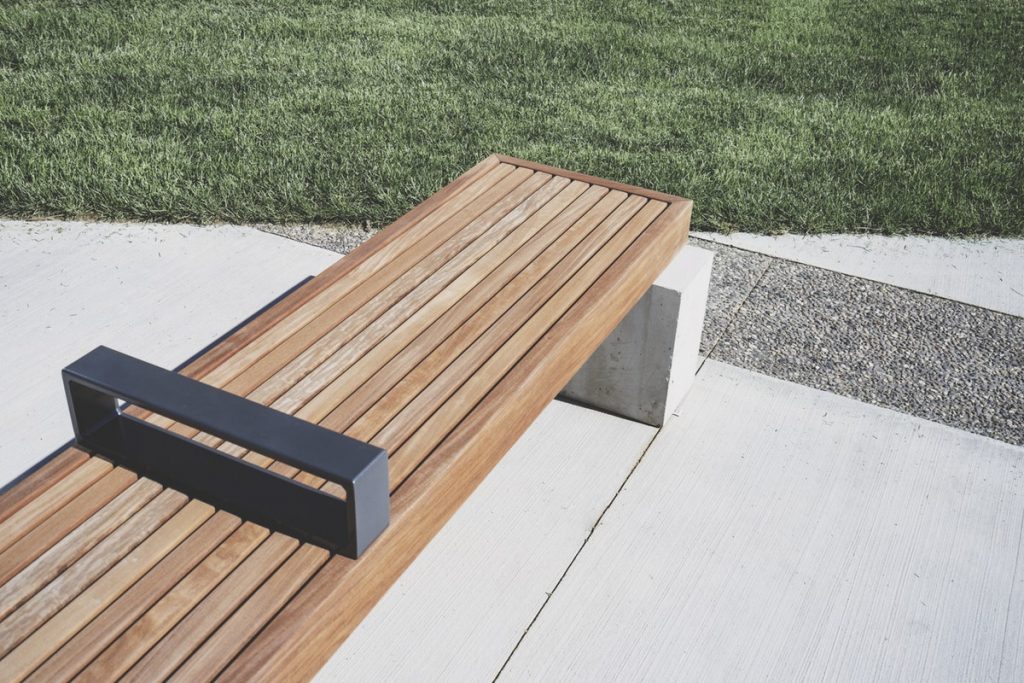 Concrete densifier is often promoted as one of the top advancements in concrete technology today. However, the nature of the product can be confusing to those without a deep knowledge of the concrete industry. What is densifier? How does it work? How might it affect the life of your flooring?
Concrete densifier is often promoted as one of the top advancements in concrete technology today. However, the nature of the product can be confusing to those without a deep knowledge of the concrete industry. What is densifier? How does it work? How might it affect the life of your flooring?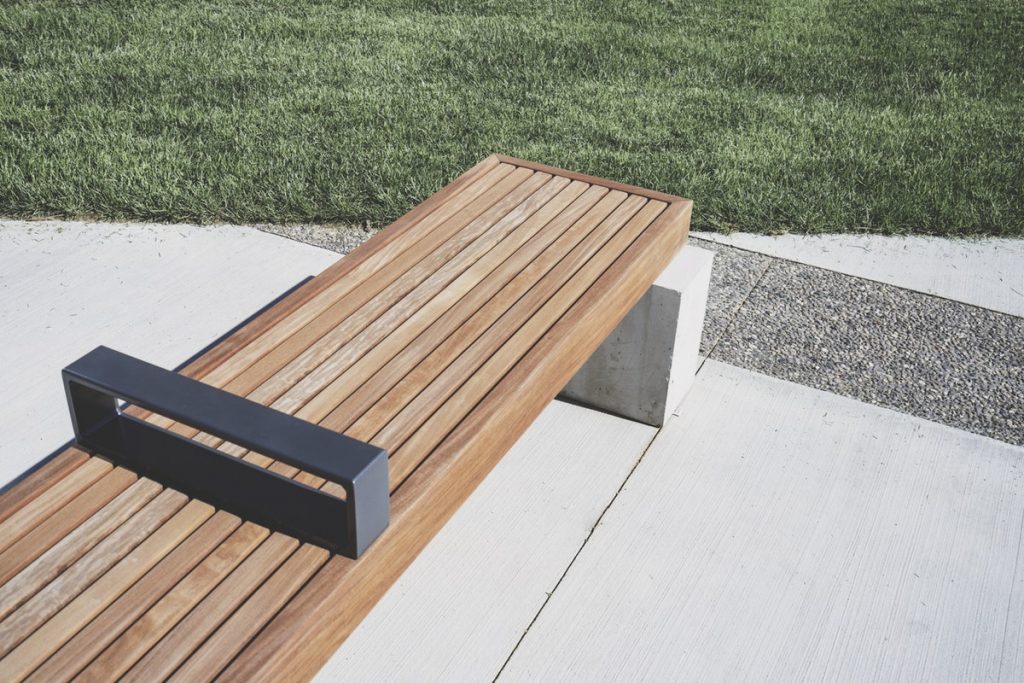 Concrete is a porous material, and despite its strength and durability, this means it’s vulnerable to certain weather conditions. Winter weather – especially snow – can wear down concrete surfaces by seeping into the material. Much like roads and sidewalks, concrete patio floors and driveways can experience destructive freeze/thaw cycles during the winter. As a homeowner, it’s important to understand why the winter poses such a big threat to concrete surfaces and how you can act to protect your concrete during the coldest months of the year.
Concrete is a porous material, and despite its strength and durability, this means it’s vulnerable to certain weather conditions. Winter weather – especially snow – can wear down concrete surfaces by seeping into the material. Much like roads and sidewalks, concrete patio floors and driveways can experience destructive freeze/thaw cycles during the winter. As a homeowner, it’s important to understand why the winter poses such a big threat to concrete surfaces and how you can act to protect your concrete during the coldest months of the year.